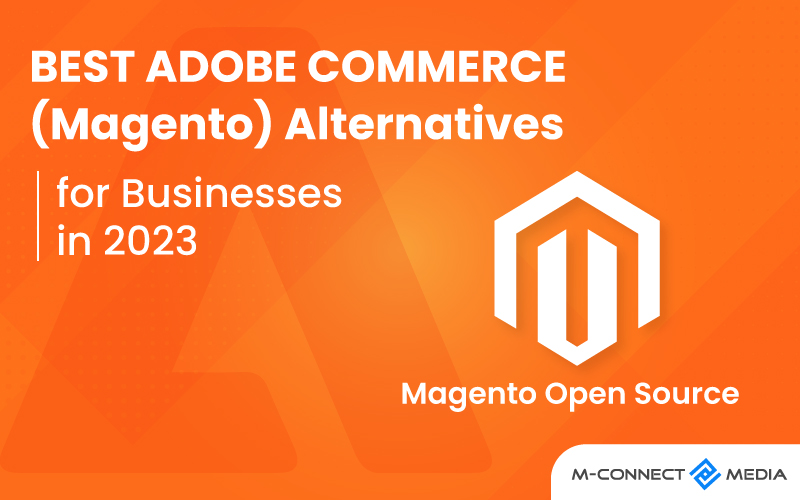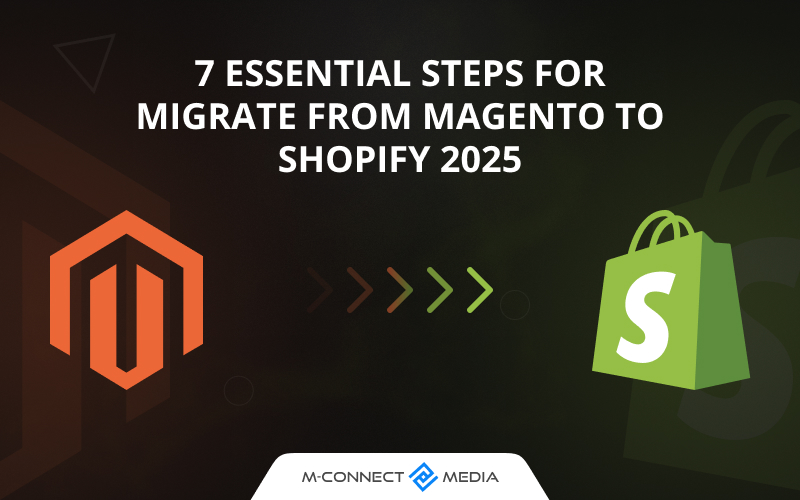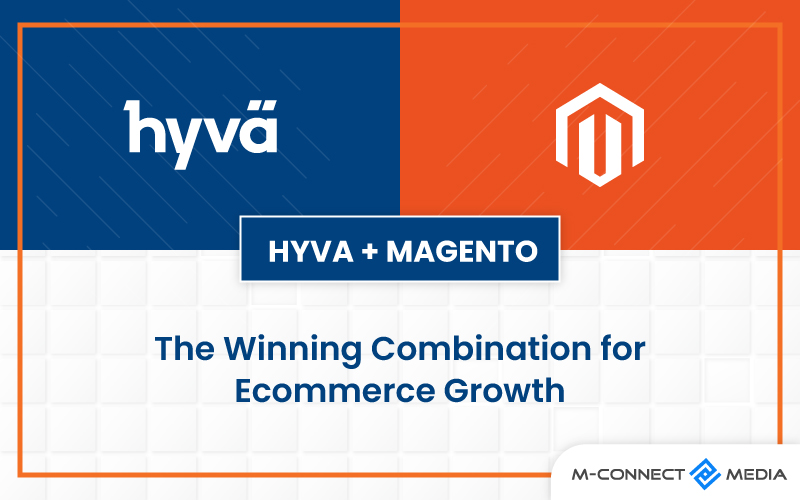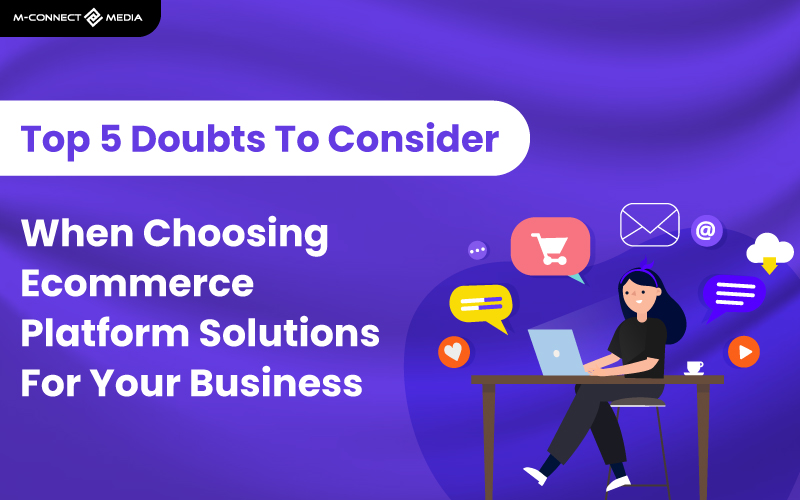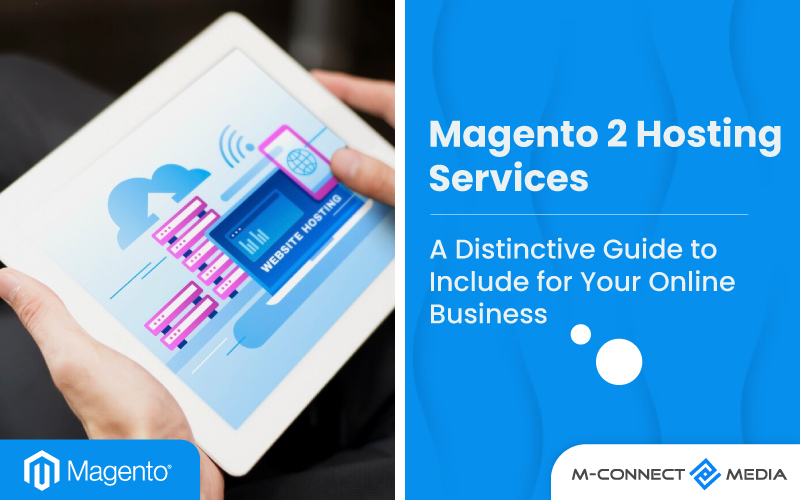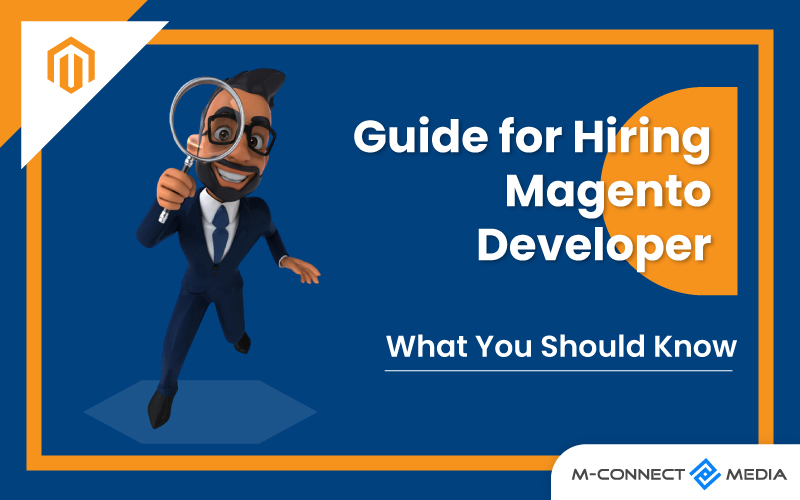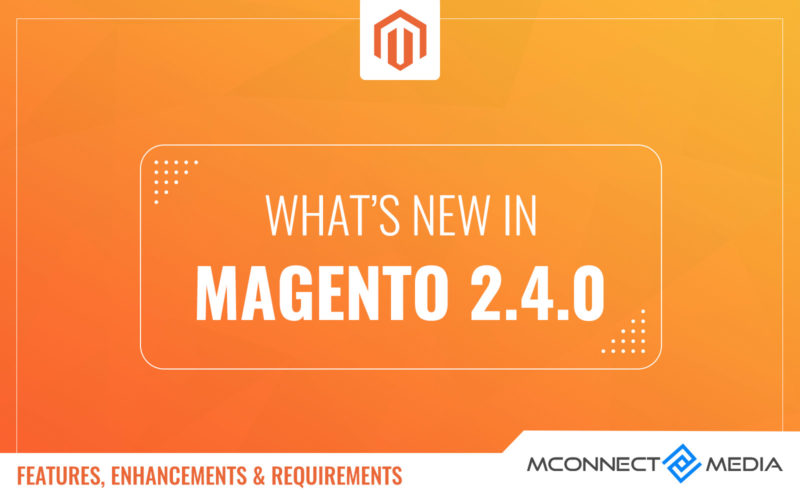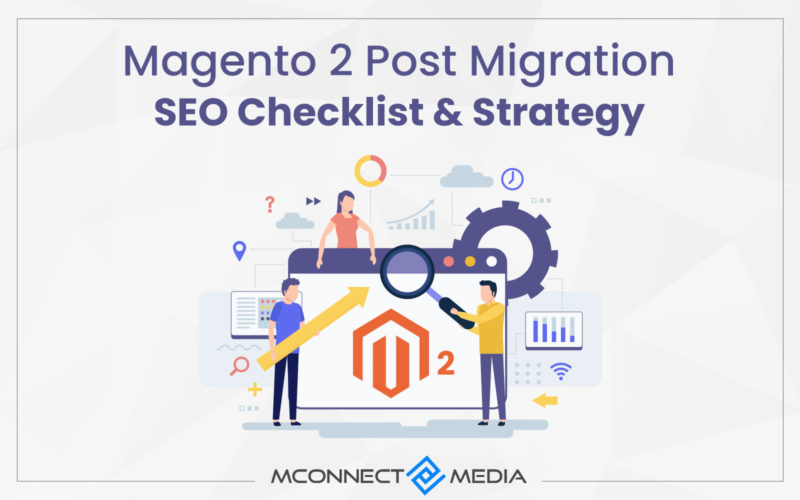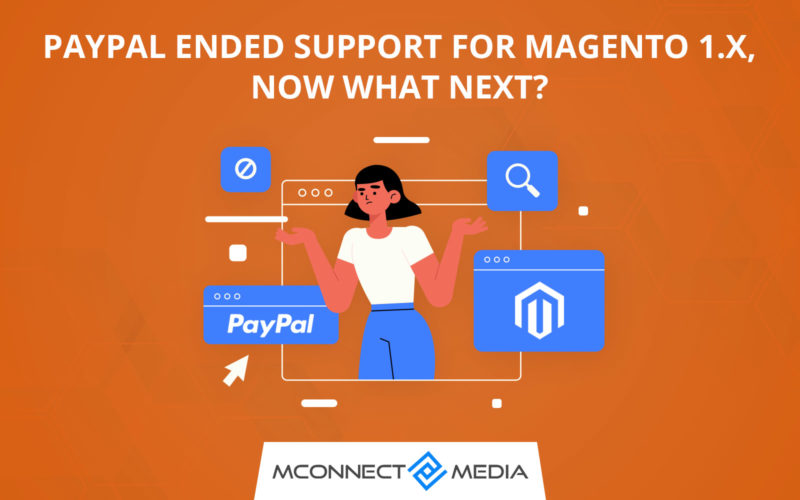Magento (Adobe Commerce) is the most popular online selling and purchasing platform. However, if it is not the ideal fit for your company’s needs, here are the best Adobe Commerce (Magento) alternatives for Your Businesses in 2023.
Magento is a well-known open-source e-commerce system that is utilized by merchants all over the world. It provides a wide range of e-commerce capabilities and customizations, from website builders to automation, to assist you in selling more online.
Alternatives to Adobe Commerce are mostly E-commerce Systems, although they may be Store or Website Builders. However, several Magento competitors emerged in the last decade or so. These competitors provide much of what Magento does, but at a lower cost and with less development labor.
If Magento isn’t the platform you’re searching for, there are plenty of other options. There are over 100 Adobe Commerce alternatives available for a number of platforms. This article will show you the top 6 feasible Magento alternatives for Your Businesses this year.
Why are you looking for Adobe Commerce (Magento) Alternatives?
Whether you have already tried Magento adobe commerce and believe there is a better option available, or you are currently considering Magento as part of your study.
You’ve here because conduct research on Magento Adobe Commerce cloud alternatives to ensure you’re selecting the best eCommerce solution for large or small businesses. Some of the issues may be familiar if you’re currently using Adobe and want to re-platform.
- Pretty Expensive
Magento frequently works with large expenditures. Obviously, the product you choose will determine the cost of a Magento license. To manage the site, you will need to pay for all design and improvement expenses, and ongoing charges for hosting, e-commerce security, and design fees.
The annual cost of Magento ranges from $23,000 to $125,000, depending on the size and complexity of your online business. Magento is significantly more expensive, with estimates ranging from $40,000 to $190,000.
- Difficult to Maintain
Magento has a plethora of aspects that you must keep track of; otherwise, your website may crash, slow down, or fail to function as planned. As a result, you may encounter various issues and difficulties with the software.
Magento and its community are excellent at creating patches to fix these issues; nevertheless, it will take time for developers to implement all updates. And, you can’t ignore security fixes; failing to do so might expose your site to needless dangers.
- Significant Development Time
Magento’s ability to extensive customization is one of its main selling factors. To make complex modifications while keeping integrations running smoothly and data flowing smoothly, you may require a team of Magento Adobe commerce developers on the job who understand the technical architecture.
This is vital not just for getting your website up and operating, but also for tracking and improving your shop. Experienced Adobe commerce partners or developers will be required to upgrade, fix, and search for plugins for your website. Their time is equivalent to your money.
- Slow Performance
Magento’s greatest feature, the ability to produce whatever you want for your store, is also one of its greatest flaws. With many extensions and plugins available for use with the Magento system, the system’s performance may lag behind competitive alternatives.
Due to the system’s complexity, developers may find it difficult to improve the site’s performance. If you’re facing this issue, you know how aggravating it can be when the site fails to work when you need it the most.
What to Look for in Best Magento Commerce Alternatives?
If you’re starting an e-commerce firm, Magento Commerce has a lot to offer, from its robust, out-of-the-box e-commerce functionality to its third-party connectors.
As a result, ensure that the Magento competition you are considering has these crucial characteristics.
- Website Builder Features
Magento Commerce allows you to completely customize your website. Unless you have Adobe commerce development abilities, you will need to collaborate with web developers and invest more money to create a fully customized e-commerce site.
Choose a platform with an easier-to-use online shop builder if you want to obtain control of the website without relying on web professionals or in-depth code.
- Themes and Templates
Find an e-commerce platform that allows you to effortlessly customize themes and templates based on your preferences, design, site usability, and marketing plans. This saves you time and money because you won’t have to build your website from the start.
- Simple Plug-in Integration
Describe the functionality you’d like to include, and you’ll almost certainly find a plug-in for it. Choose an e-commerce platform that offers a variety of free and simple-to-install plug-ins that you can integrate in minutes.
You may save time and money by ensuring that your selected platform can already readily interact with mission-critical systems, such as order and inventory management systems.
- Improved Payment Gateways
Payment gateways can be a hassle at times, but many sites provide pre-installed payment processing from companies like Stripe, PayPal, Venmo, Amazon Pay, Adyen, and others. Check that your preferred payment channels are supported and that you will not be charged transaction fees.
Best Magento (Adobe Commerce) Alternatives for Businesses
Whether you’re getting started with an online store or transferring from Magento to another Adobe commerce marketplace platform, here are some of the best alternatives to provide you with what you need.
There are numerous fantastic Adobe Commerce Magento alternatives that may give you the enterprise-level capabilities you desire while avoiding the price and clutter you do not.
1. BigCommerce
BigCommerce, known as an e-commerce heavyweight, is ideal for ambitious enterprises seeking to scale new heights. It brags about its plethora of built-in features and data reporting capabilities, claiming an annual development rate of 28% for its consumers.
For a standard license cost, BigCommerce also offers hosting and security. BigCommerce offering combines enterprise functionality, an open architecture that allows for customization, and a simple website builder. Customers of BigCommerce include Solo Stove, Skullcandy, and Natori.
BigCommerce features built-in solutions that can expand your business, making it the perfect software for fast-developing online businesses. Moreover, it offers various capabilities, including e-commerce tools, storefront design, and dependability and security.
Pros:
- Simple to work headlessly thanks to open architecture
- Less expensive in terms of the total cost of ownership
- Helps business’s exponential growth.
- Excellent SEO tools.
Cons:
- Multi-language technologies necessitate some workarounds.
- Operating on the back end requires some learning.
- Integrates with a smaller ecosystem of solutions.
Pricing:
When your 14-day free trial ends, you’ll get one month free if you subscribe to the Standard plan, and two months free if you subscribe to the Plus plan. The following BigCommerce pricing plans are available:
- standard package is $29.95 per month and allows you to sell online through your own online shop.
- Plus plan costs $79.95 a month and allows you to grow your online business and increase conversions.
- Pro strategy costs $299.95 a month and allows one to Take a huge enterprise to the next level with a plethora of resources.
2. WooCommerce
WooCommerce is a fantastic WordPress e-commerce plugin. It is a WordPress eCommerce plugin created by WooThemes. It is the market’s most prominent e-commerce solution, allowing you to transform a WordPress website into a functional online store.
However, It is a free and open-source WordPress eCommerce plugin. It is generally utilized by small and medium-sized organizations. The plug-in was released in 2011 and quickly became popular as a means to monetize WordPress blogs or create a fast online store.
Moreover, It is intended to be an extensible, adaptive, and open-source platform. WooCommerce enables businesses to sell tangible goods, digital downloads, or services. If you know how to code, you have complete control over the customization.
Pros:
- Efficient Large WordPress community of WordPress site developers
- A fantastic range of plugins for customizing a website
- Installing the plugin itself is free to use with the WordPress website
Cons:
- Not suitable for beginners because some code will require putting things up.
- Customer service is limited outside of the development community.
- Many eCommerce capabilities need extra plug-ins
Pricing
It is free to install WooCommerce, but you may need to pay for additional features like hosting (about $35-$50 per year), a theme design ($39+), security, and website maintenance.
3. Shopify
Shopify is regarded as a one-stop shop for e-commerce, with over 600,000 merchants worldwide. It has over 1,200 applications to offer further functionality, as well as amazing built-in features to help your business sell and flourish.
Moreover, Shopify assists you in creating, implementing, and analyzing digital marketing strategies. Shopify has a built-in blog, SEO tools to increase website traffic, email marketing features to aid with lead generation, and marketing dashboard data to track campaign effectiveness across many channels.
Also read: How You Can Boost Decision-making Power with Shopify Marketing Insights
Shopify is an e-commerce platform that includes point-of-sale capabilities to assist you in selling things. Among other things, you may handle orders, payments, inventory, and delivery. Its dashboard offers useful statistics about e-commerce sites, providing you with a snapshot of the company’s health.
Also Read: Magento Vs Shopify – Which Ecommerce Platform You Should Prefer?
Also Read: 10 Best Shopify Development Trends To Consider in 2023
Pros:
- A simple platform that requires no coding experience.
- Superior inventory management to sell on several platforms, including Amazon, Facebook, and Instagram.
Cons:
- Unless you use Shopify Payments, transaction fees charge
- It’s a massive app market, and app expenses can quickly pile up.
Pricing:
If you enjoy using Shopify, you’ll need to upgrade to its premium plans once the trial period expires.
- Shopify Lite ($9/month): This allows you to integrate e-commerce into your Facebook profile.
- Basic Shopify ($29/month): This is the most affordable package for starting your own business.
- Shopify ($79/month): This plan is ideal for growing businesses since it includes a gift card option.
- Advanced Shopify ($299/month): This option is designed for large enterprises wishing to expand quickly.
- Shopify Plus: This package is appropriate for enterprise-level businesses with large budgets.
Also Read: 10 Best Shopify Apps To Increase Sales for eCommerce Business in India
4. Squarespace Commerce
Squarespace Commerce offers simple tools to make the process of creating a website and selling online a breeze. The platform includes site layouts, customized online shop categories, email marketing, SEO, and other features.
Moreover, It is the most popular website builder for creating outstanding stores. Its e-commerce features are also rather good. The technology is ideal for attractive magazine subscription websites and restaurant reservation systems.
Squarespace is a content management system (CMS) platform that allows users to construct their own DIY blog, eCommerce shop, and portfolio (visual art or music). Some website and store templates are industry or use-case-focused, such as restaurant menu builders.
Pros:
- Give the best-looking templates for any e-commerce website.
- Its facilities are exceptional, with configurable product versions and automated emailing capabilities.
- The backend is strong and includes powerful analytics capabilities.
Cons:
- You are restricted to the set of built-in features.
- Its excellent design tools may take some time to become acquainted with.
Pricing
The site does provide a 14-day free trial period as well as four price levels, two of which allow you to sell online.
- Basic Commerce: $30 per month or $26 per month.
- Advanced Commerce costs $46 per month invoiced monthly or $40 per month billed yearly.
5. Wix eCommerce
With its simplified, simple, and configurable e-commerce capabilities, Wix eCommerce provides a user-friendly online store builder that is ideal for small businesses and startups. It requires no computer skills and allows you to construct stores that work effortlessly.
Wix is a website builder that allows you to add e-commerce functionality to your site via its Wix Stores feature, rather than a specialized e-commerce platform like BigCommerce or Shopify.
You may select from over 500 website themes that you can modify and customize to meet your brand. Wix makes it easy to manage online store marketing methods since it allows you to sell things on many sales channels, including Instagram, Facebook, and Amazon stores.
Pros:
- Wix has the greatest design tools, allowing you to easily alter the look of the storefront
- Allows you to create a personalized, professional site in a matter of minutes, which you can then further customize.
- With fantastic sales features, abandoned cart recovery entices customers who left unpurchased products at checkout.
Cons:
- Does not notify you when your stock levels are low, making it difficult to build your business.
- Some consumers may overwhelm by creative flexibility, which may inhibit practices in e-commerce design.
Pricing
Wix does not provide a free trial period, however, you may create an online storefront for free. However, in order to accept payments and start generating money, you must upgrade to the premium pricing options:
- Basic ($23/month): This package accepts online payments and removes Wix advertisements.
- Unlimited ($27/month): This is Wix’s most popular package, offering excellent value for money.
- VIP ($49/month): This is appropriate for large enterprises and includes VIP customer assistance.
6. OpenCart
OpenCart is a PHP-based open-source online shopping cart system. A powerful e-commerce solution for Internet merchants who want to start their own online business and engage in e-commerce at a low cost.
If you’re becoming acquainted with Magento, you could feel at ease switching to OpenCart. They are both built using the same technology and provide several plugins for customizing your online store.
OpenCart is still similar to the traditional Magento Open Source. You will have access to over 13,000 applications to add more functionality to your business, and you will be able to edit the code as you see fit.
Pros:
- Both systems are built with PHP code and let you to add products using templates.
- The platform supports a variety of currencies and languages.
Cons:
- Template designs are pretty outdated.
- Must pay for a domain name, hosting, security, and dedicated support ($99 per year).
Pricing:
In addition to monthly domain, hosting, and security expenses, you’ll pay a monthly price of $99, or $99 for one-time help if you have an issue.
Which Magento Commerce substitute is best for you?
Consider your options carefully while selecting a Magento Commerce alternative. You should compare Magento transaction fees to competing systems’ rates, features, integrations, and other factors.
While Magento provides sophisticated and broad e-commerce functionality, if it does not match your company’s demands, cast a wider net and explore Magento enterprise alternatives that do. The platforms discussed in this tutorial are an excellent place to begin.
Last Thoughts
There are various Adobe Commerce alternatives for e-commerce platforms, and there are numerous considerations to consider when deciding which one is best for your business.
If you’re already utilizing Magneto and it’s not meeting your needs, you should look into what else is available and how it might help your business more efficiently.
This is a significant shift, so consider carefully before making any decisions. We hope you can discover the ideal platform to significantly boost your business.
Frequently Asked Questions (FAQ):
- What is adobe commerce cloud?
Adobe Commerce on Cloud is a platform that provides eCommerce capabilities such as out-of-the-box functionality, customization, and third-party integrations. Adobe Commerce Managed Services are a hosted and managed infrastructure. Services and products. The Licence Metric. Deployment.
- What is adobe commerce used for?
With Adobe Commerce, you can easily connect shopping experiences across channels, add new brands and sites, expand into new markets, and sell to both businesses and consumers from a single platform.
- How much does adobe commerce cost?
Adobe Commerce is a premium version (the license cost starts at $24,000 per year) that allows customers the choice of on-premise or cloud-based implementation.
- Why use adobe commerce?
Adobe Commerce is a platform that offers a variety of tools and services to assist businesses in better managing their inventories. Companies of all sizes, including B2B, B2C, and D2C, may utilize these solutions to optimize their inventory management procedures and enhance their overall operations.

